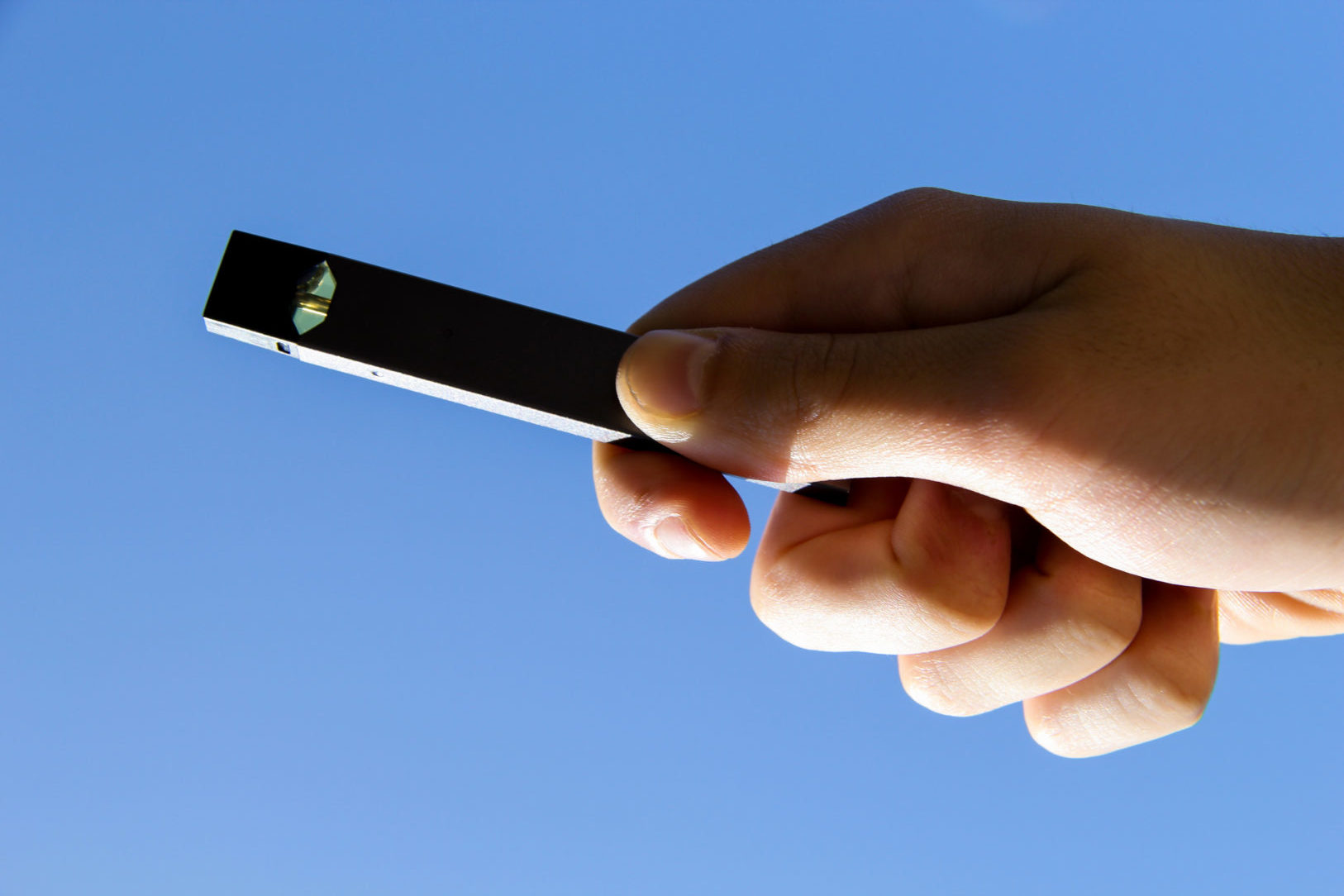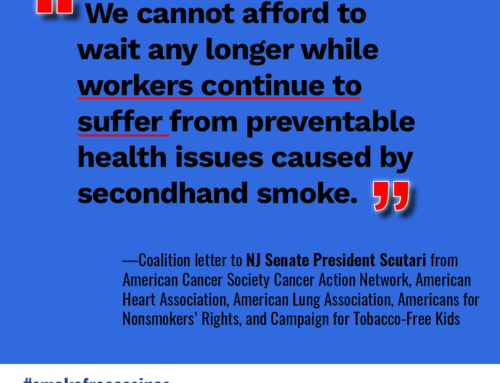The Food and Drug Administration (FDA) took a bold step in wrangling in the manufacturers of one the most the highly publicized and popular products on the market, JUUL, when they conducted a raid at the end of September 2018 of the vaping product’s headquarters, seizing documents, and inspecting marketing and materials related to the product.
The FDA’s latest action follows its announcement that it is taking steps to crack down on the marketing and sales of e-cigarettes and other electronic smoking devices to youth, including sending letters to the five top e-cigarette manufacturers stating that they have 60 days to come up with a plan to reduce youth use of their products.
JUUL is the best-selling electronic smoking device in the U.S. with more than 72% of all vaping product sales and it is exceptionally popular with youth and young adults. JUUL claims that their products are only intended for adult smokers, but the company’s actions are reminiscent of the tobacco industry’s same old tactics and tricks, where their products and marketing are meant to entice, engage, and then addict new customers – particularly youth – all with a new, high-tech spin.
The raid on JUUL headquarters in San Francisco reminds us of the tobacco industry being required to turn over secret, internal documents as a result of the 1998 Master Settlement Agreement. These internal documents exposed the tobacco industry’s true motivation to skirt regulators, ignore the dangers of the science, continue to deceive the public about the hazards of smoking and nicotine addiction, and hook new users in a particularly targeted and calculated way. The tobacco companies, many of which now own e-cigarette brands, are adjudicated racketeers who are engaging in the same deceptive behaviors and should be held accountable for their ongoing misdeeds and lying to the American public.
You can learn more about JUUL in our updated e-cigarette fact sheet, but JUUL is indeed an electronic smoking device. These high-tech devices look like thumb drives, charge in a computer’s USB port, use replaceable “pods” filled with flavored liquid with high levels of nicotine, and are easy to use discreetly. The use of these products has become so commonplace in many middle and high schools that students have coined the term “JUULing” to describe product use.
These potent products with their high nicotine punch are marketed using social media content and platforms like YouTube, Twitter, and Instagram to skirt regulations on limited direct advertising to youth. Their fruit flavoring and sleek product design are also very intentional.
We must remain steadfast as these products continue to emerge and threaten the next generation of nonsmokers where they live, work and play. These products emit harmful chemicals into the air and they are not safe for people of any age to use. The use of JUULs and all other electronic smoking devices should be included in smokefree laws as products that are not allowed to be used where smoking is prohibited.
More on e-cigarettes: https://no-smoke.org/smokefree-threats/electronic-cigarettes/






